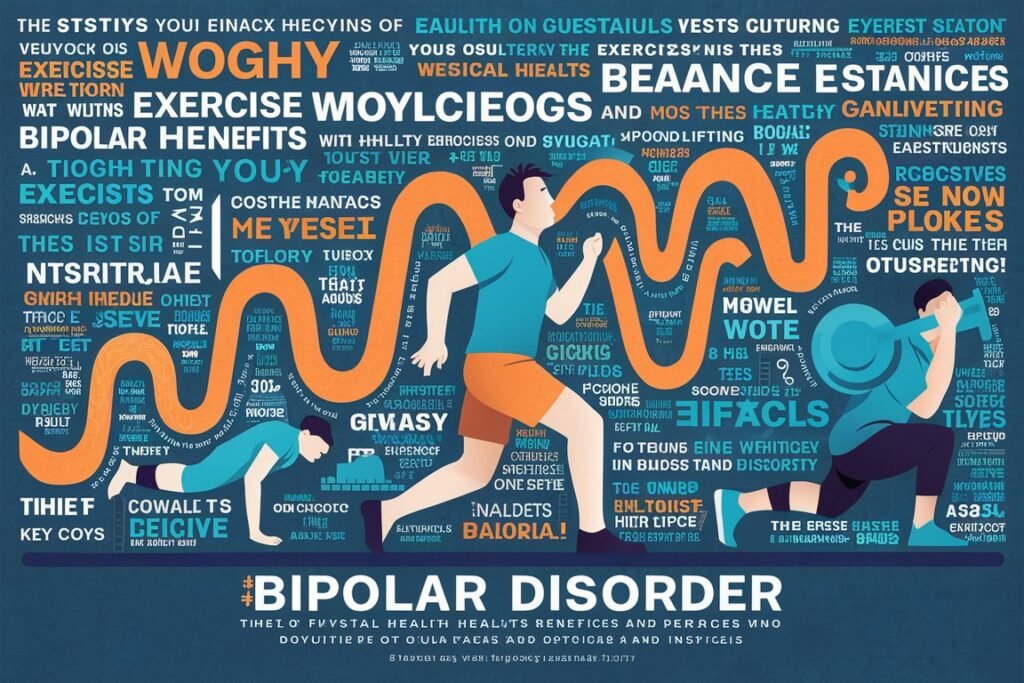The Mental Health Benefits of Exercise and Physical Activity
Hey there, young champions! Today, we’re going to talk about something that’s not only super fun but also really good for your brain – exercise and physical activity!
Now, I know what you might be thinking – “Ugh, exercise? That sounds like a lot of work!” But hear me out – moving your body and getting your heart pumping can actually make you feel happier, calmer, and more focused. It’s like a magic potion for your mind!
First of all, let’s talk about what we mean by exercise and physical activity. It doesn’t have to mean running a marathon or lifting heavy weights at the gym (although those things are great too!). Exercise can be anything that gets you moving and raises your heart rate, like:
- Playing tag or hide-and-seek with your friends
- Dancing to your favorite songs in your bedroom
- Going for a bike ride or a swim
- Kicking a soccer ball or shooting hoops
- Taking a hike or a nature walk with your family
The key is to find activities that you enjoy and that make you feel good. When you’re having fun and feeling good, you’re more likely to stick with it and make it a regular part of your life.
The Science Behind Exercise and Mental Health
So, how exactly does exercise help your mental health? Well, it all comes down to some pretty cool science stuff happening in your brain.
When you exercise, your body releases special chemicals called endorphins. Endorphins are like little messengers that travel through your bloodstream and into your brain, where they attach to special receptors and make you feel really good.
Endorphins can:
- Boost your mood and make you feel happier
- Reduce stress and anxiety
- Help you sleep better
- Improve your self-esteem and confidence
Exercise also helps increase the production of other brain chemicals like serotonin, dopamine, and norepinephrine. These chemicals play important roles in regulating your mood, attention, and motivation.
In fact, studies have shown that regular exercise can be just as effective as medication for treating mild to moderate depression and anxiety. That’s pretty amazing, right?

The Mental Health Benefits of Exercise
So, what specific mental health benefits can you expect from regular exercise and physical activity? Let’s break it down:
Reduces stress and anxiety
When you’re feeling stressed or anxious, your body goes into “fight or flight” mode. This means that your heart rate speeds up, your muscles tense, and your brain becomes hyper-alert.
Exercise can help counteract these effects by:
- Lowering your heart rate and blood pressure
- Relaxing your muscles
- Distracting your mind from worries and negative thoughts
- Increasing your body’s production of anti-anxiety neurochemicals
In fact, just a single bout of exercise can provide an immediate mood boost and reduce feelings of stress and anxiety.
Boosts mood and reduces depression
Depression is a serious mood disorder that can make you feel sad, hopeless, and unmotivated. While there are many treatments available, exercise has been shown to be a powerful tool for managing depression symptoms.
Regular exercise can:
- Increase your brain’s production of mood-boosting endorphins and neurotransmitters
- Provide a sense of accomplishment and boost self-esteem
- Help you feel more connected to others if you exercise with friends or in a group
- Improve sleep quality, which is often disrupted in people with depression
Studies have shown that even small amounts of exercise, like a 10-minute walk or a few minutes of dancing, can provide an immediate mood boost.
Improves focus and concentration
Have you ever felt like your brain is all foggy and you just can’t concentrate on your homework or a task? Exercise might be able to help with that!
Physical activity can:
- Increase blood flow and oxygen to the brain, which helps improve cognitive function
- Stimulate the growth of new brain cells and connections
- Improve memory and learning
- Boost creativity and problem-solving skills
So next time you’re feeling stuck or unfocused, try taking a quick exercise break – even just a few jumping jacks or a walk around the block can help clear your mind and improve your concentration.
Boosts self-esteem and confidence
When you exercise regularly and see your body getting stronger and more capable, it can do wonders for your self-esteem and confidence.
Physical activity can:
- Help you feel more comfortable and confident in your body
- Give you a sense of accomplishment and pride in your abilities
- Provide opportunities to set and achieve goals
- Help you feel more connected to others if you exercise with friends or in a group
Remember, exercise is not about looking a certain way or being the best at a particular sport – it’s about taking care of your body and mind and feeling good about yourself.
Provides a sense of community and connection
Exercising with others – whether it’s playing a team sport, joining a dance class, or going for a walk with a friend – can provide a sense of community and connection that’s really important for mental health.
When you exercise with others, you:
- Feel like you’re part of something bigger than yourself
- Have opportunities to make new friends and build relationships
- Can give and receive support and encouragement
- Feel less alone and more connected to others
So next time you’re feeling lonely or isolated, try reaching out to a friend or joining a group activity – it can make a big difference in how you feel.
Getting Started with Exercise
Okay, so now that you know all about the amazing mental health benefits of exercise, you might be wondering – how do I get started?
Here are some tips for making exercise a regular part of your life:
- Find activities that you enjoy and that feel good to your body. If you hate running, don’t force yourself to do it – try dancing, swimming, or playing a sport instead.
- Start small and build up gradually. If you’re not used to exercising, start with just a few minutes a day and gradually increase the time and intensity as you get stronger.
- Make it a priority and schedule it into your day. Treat exercise like any other important appointment – put it in your calendar and make sure you show up for it.
- Find a buddy or a group to exercise with. Having someone to hold you accountable and cheer you on can make a big difference in sticking with it.
- Celebrate your progress and be kind to yourself. Remember that exercise is about taking care of yourself, not punishing yourself. Celebrate your achievements and don’t beat yourself up if you miss a day or two.
Putting It All Together
Wow, we covered a lot of ground today! But I hope you’re feeling inspired and empowered to make exercise and physical activity a regular part of your life.
Remember, exercise is not just good for your body – it’s also amazing for your mind. By moving your body and getting your heart pumping, you can:
- Reduce stress and anxiety
- Boost your mood and reduce depression
- Improve your focus and concentration
- Boost your self-esteem and confidence
- Provide a sense of community and connection
And the best part? It doesn’t have to be a chore or a punishment – it can be something that you actually look forward to and enjoy.
So get out there and start moving – your mind (and your body) will thank you for it!












2 Comments